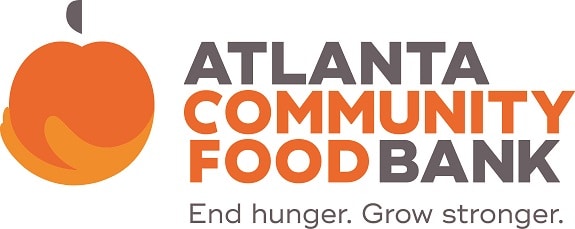- Member News
- Mon Mar 15
Kyle Waide speaks to House Agricultural Committee on Federal Aid for the food insecure
https://www.agri-pulse.com/articles/15507-food-box-program-can-be-improved-committee-told
The Farmers to Families Food Box program has played a valuable role in addressing the hunger crisis caused by the COVID pandemic, but it needs to be improved so farms of all sizes can take advantage of it and hungry Americans can obtain needed sustenance, witnesses told the House Agriculture Committee Thursday.
In particular, the Department of Agriculture’s shift from commodity-specific boxes containing only produce, dairy or meat products, to combination boxes, restricted access to the program for small and medium-sized farms, American Farm Bureau Federation President Zippy Duvall said.
“We’ve got to investigate what happened from the beginning of the program to the end,” Duvall said, noting that USDA moved to the combination boxes to stretch the dollars in the approximately $6 billion program.
While some committee members lauded the program as a “lifeline” for small farmers when the initiative began in May, they added those same producers said the shift to combination boxes left them unable to compete.
USDA is currently reviewing how well the food box program has worked, with an eye toward continuing it in some form when the last round concludes at the end of April.
USDA wants to see if parts of the program “can be preserved or redesigned moving forward,” a spokesman said, to ensure food is distributed in an equitable fashion.
Providing combination boxes also has presented challenges because of the mixture of perishable and nonperishable items, highlighting the need for refrigeration at some food banks and other facilities, and raising food safety issues.
As Carrie Calvert, Feeding America’s vice president for government relations, agriculture & nutrition, recently told Agri-Pulse, “We’ve heard from our network that there are a lot of food safety and food storage concerns with having combo boxes, because produce, dairy and frozen meat all need to be stored at different temperatures. Operationally, it’s hard to require foods that have different storage and temperature requirements, combined together to be distributed. It’s just not very efficient that way.”
Kyle Waide, president and CEO of the Atlanta Community Food Bank, said while food boxes “have provided a critical source of food inventory,” food banks and communities “have not had equitable access” to them.
“The food boxes have not been available in many parts of the country, a reflection of the capacity and capabilities of the food service distributors to whom contracts were awarded and the nonprofits with which they chose to work,” Waide said in written testimony. “This has been particularly true in smaller and more rural parts of the country.”
Feeding America, of which Waide’s food bank is one of 200 members, supports increasing access to the Supplemental Nutrition Assistance Program and expanding benefits for the program. The 15% benefit increase enacted in response to the pandemic has been extended through September as part of the just-passed COVID relief bill.
Food box distribution “has been highly concentrated in the metro Atlanta area, with a smaller percentage of this product reaching other parts of the state,” Waide said, urging USDA “to rely more heavily on the well-established distribution methods and capabilities evident in [The Emergency Food Assistance Program], where food banks and other social service organizations have already developed the relationships and capacity to move large volumes of food safely and efficiently into the highest need areas of the country.”
The food box program, by “reinventing the supply chain” in each of the five rounds of contracts, created “a less efficient, equitable and sustainable operating model,” he said.
Witnesses stressed the need for a mixture of measures to address hunger, including the pandemic-EBT program, which provides food to schoolchildren. Ron Edenfield, president of Wayfield Foods in Georgia, said he wants the committee, in coordination with the House Education and Labor Committee, to look at why half the states have not been approved yet for the P-EBT program.
Pennsylvania Republican Rep. Glenn “GT” Thompson, ranking member of the committee, lauded the witnesses as “heroes,” but in his opening statement also strongly defended the food box program from what he called “inconceivable criticism.”
“With this program, farmers were able to redirect their products and American workers were able to sustain their employment or join new ventures, all to ensure fresh foods found their way into the homes of millions,” he said.
Ag Committee Chairman David Scott, D-Ga., said the hunger crisis isn’t going away. “Even if this virus disappears, we are going to be living with its aftermath for some time,” he said. “We need to be realistic about this and continue to work to shore up the people who are counting on us to help them through this crisis.”
Other witnesses included Max McBrayer, CEO of RaceTrac Petroleum in Georgia, which operates over 750 convenience stores across 11 Southeastern states, almost 20% of which are in towns of 2,000 to 20,000 people, and Eric Hodel, chief operating officer of Midwest Food Bank, which has 10 locations across the U.S. and two abroad — in Kenya and Haiti.
Hodel spoke highly of the food box program, saying it had boosted the nutritional value of the food his food bank was able to provide.
For more news, go to www.Agri-Pulse.com
Contact Atlanta Community Food Bank
Someone will reach out to you soon!
We respect your privacy and will never spam or sell your information.


